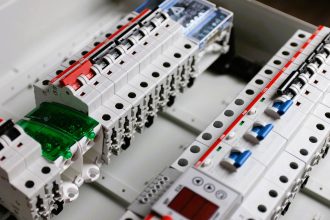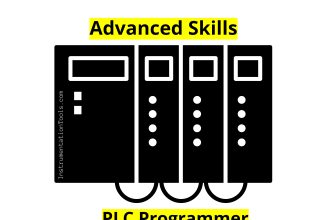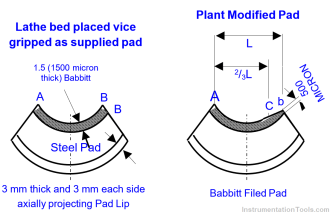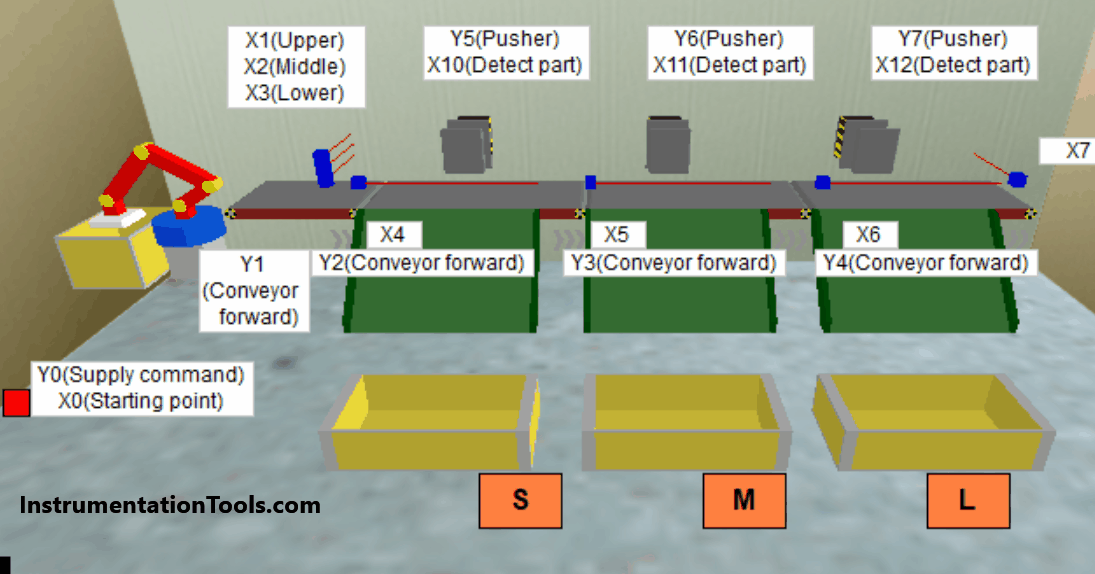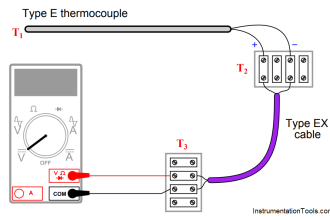What is a Circuit Breaker?
Circuit Breaker is a mechanical device designed to close or open contact members, thus closing or opening an electrical circuit under the normal or abnormal conditions.
How does a Circuit Breaker different from Switch?
Switch is just a device when can be able to open and close the circuit during normal operation. Whereas on the other hand circuit breaker has the ability to open and close the contacts during abnormal or fault conditions. Thus circuit breaker has the potential to break and make heavy short circuit currents. Auto-reclosures in the circuit beaker has the ability to re-close after certain designed duration to verify whether the short circuit was cleared.
What is meant by making capacity of the circuit breaker?
The making capacity of the circuit breaker when closed on a short circuit is the peak value of the maximum current wave (including dc component) in the first cycle of the current after the circuit is closed by the circuit breaker.
Why current chopping is not common in oil circuit breakers?
Current chopping is not common in oil circuit breakers because in most of the oil circuit breakers the arc extinguishing power is proportional to the magnitude of current to be interrupted.
Name the materials used for the contacts of vacuum circuit breakers?
Copper-Bismuth, Copper-lead, Copper-tellurium, Silver-bismuth, Silver-lead and Silver-tellurium are some of the alloys employed as contact materials in the vacuum circuit breakers.
Why current chopping considered as serious drawback in a circuit breaker?
The current chopping is considered as serious drawback because it sets up high voltage transient across the breaker contacts.
For EHV applications which type of circuit breaker is mostly preferred?
For Exta High Voltage (EHV) applications SF6 gas insulated switchgear is preferred.
What are the duties of Circuit Breakers?
Some of the duties of the circuit breakers are listed below:
- Interruption of small inductive currents
- Switching of unloaded transmission lines and unloaded cables
- Switching of capacitor banks and reactors
- Interruption of terminal faults
- Interruption of short line faults
- Asynchronous switching








